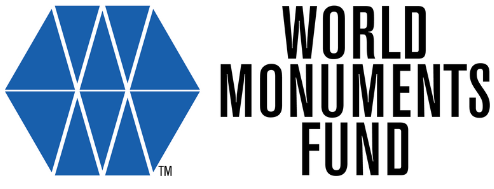Global Heritage Fund’s mission is to empower communities through historic preservation beyond monuments®. With support from the J.M. Kaplan Fund, we are delighted to join forces with the Endangered Archaeology in the Middle East and North Africa (EAMENA) project to improve heritage protection through the new From Training to Implementation: Awards Presented by Global Heritage Fund.
Supported by Arcadia, a charitable fund of Lisbet Rausing and Peter Baldwin, and the British Council’s Cultural Protection Fund (CPF) and based at the Universities of Oxford, Leicester, and Durham, the EAMENA project was established in 2015 to respond to the increasing threats to archaeological sites in the MENA region. The prime purpose of the CPF grant to the EAMENA project is to provide training in new methodologies to assess threats to significant archaeological sites that have not yet been recorded, and thus improve the chances of monitoring and protecting these sites in the future. The EAMENA project (www.eamena.org) and its database integrates aerial, satellite and ground observed information.
Read below about the progress of award recipient Héla Mekki, one of the trainees of the EAMENA Project’s Training Scheme, funded by the UK Government’s Cultural Protection Fund (CPF).
…
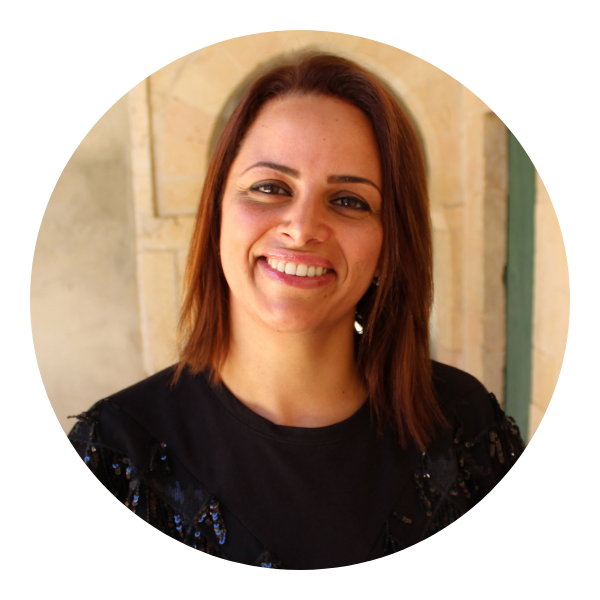
As a curator with the National Heritage Institute (INP), Héla Mekki was surprised to discover that historic sites and monuments in this region were missing from archaeological maps of Tunisia. Additionally, a comparison between topographic maps made in 1940 and modern Google Earth mapping revealed that a large number of monuments had completely disappeared. To protect these endangered heritage sites, Héla formed a collaborative team of 19 Tunisians and Libyans to map and document threatened heritage in the El Dhaher/Nefoussa Mountain Range, including researchers, teachers, curators, and archaeologists.
This award is supporting documentation at a particularly crucial time. Sites and monuments throughout the El Dhaher/Nefoussa Mountain Range are increasingly endangered by limited financial support and resources. Without proper documentation and interventions, the historic sites in these mountainous regions will likely remain unknown until they disappear completely.
This project is the first to systematically identify and document cultural heritage conservation issues and threats in this region. In addition, this award makes it possible for the first time to prioritize future interventions based on states of conservation, threats, and the historical and aesthetic value of the sites and monuments.
The teams have already made significant progress documenting and protecting these endangered sites. In addition to training 10 participants in the methods of survey using satellite imagery and use of QGIS software, the teams have georeferenced old topographic maps to locate sites and completed a thorough desk-based survey of the mountain range. In Libya, the team has already surveyed and entered over 900 sites into the EAMENA database, with another 1,800 sites scheduled in total. On the Tunisia side, another 900 sites are already in the EAMENA database, and an additional 200 sites will be entered shortly.
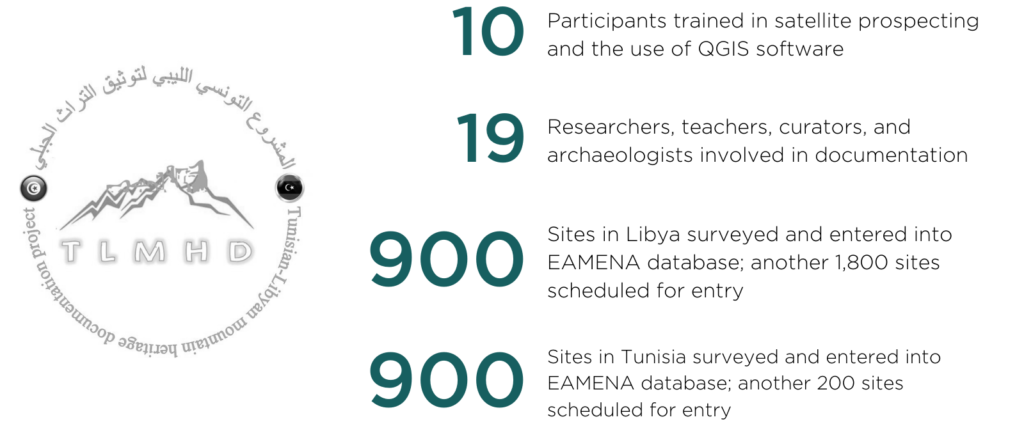
The team is taking special care to involve local community members. Throughout the mountain range, community members are very interested in learning about the heritage sites and how to preserve these endangered areas. The team has involved local residents to raise awareness of these important historic sites and foster local protection of this irreplaceable cultural heritage.
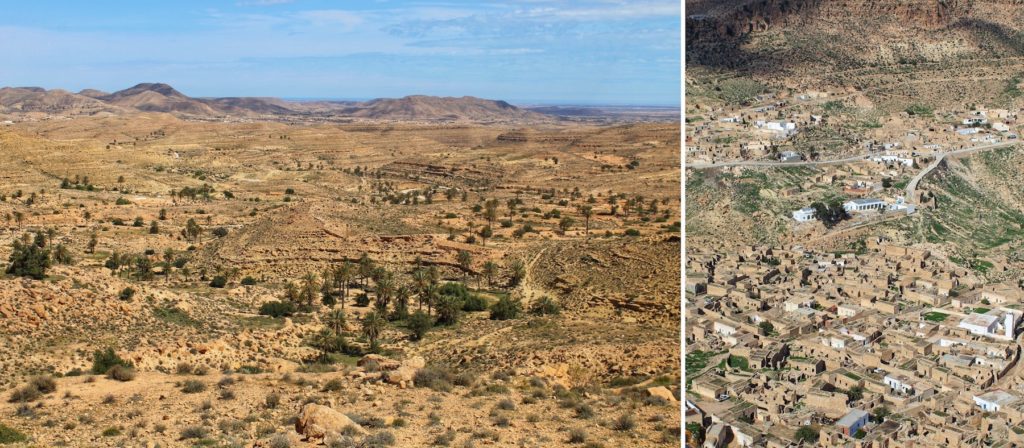
Project sites in the El Dhaher Mountain Range.
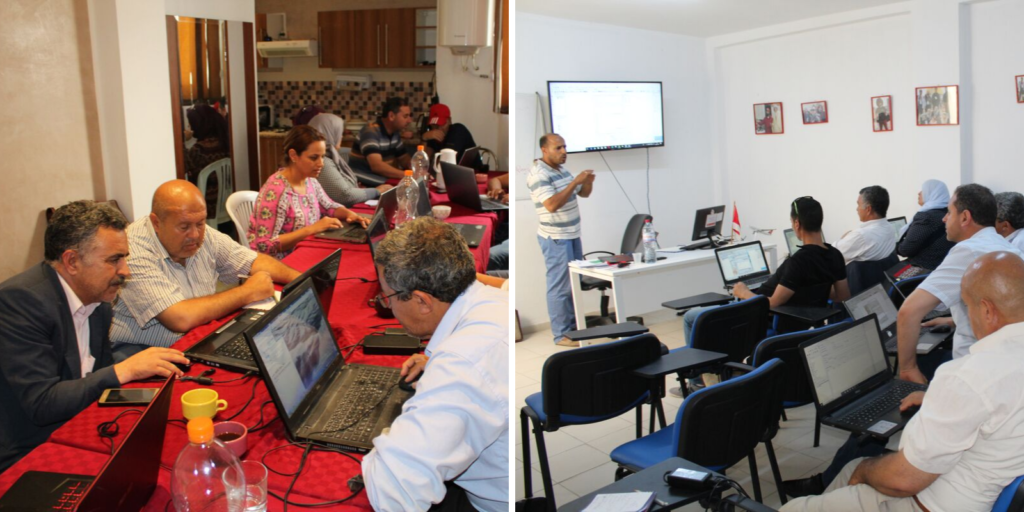
Training in satellite prospecting and the use of QGIS software.
…
From Training to Implementation: Awards Presented by Global Heritage Fund aim to fund community capacity building, training, and grassroots protection of endangered heritage in the MENA region. This year, we have selected three documentation projects by heritage experts trained by the Endangered Archaeology in the Middle East and North Africa project (EAMENA) for protecting threatened cultural heritage across the MENA region.
